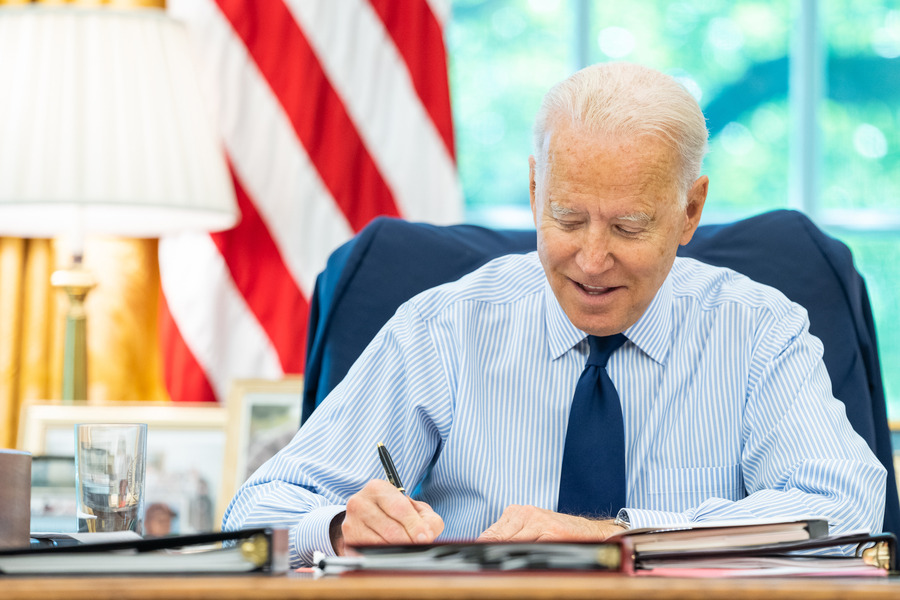National Security Law Podcast: Pardon Me?
Hello friends, and welcome back to the latest episode! Last week was a bit quiet, but things are heating up. This week we review and debate:
Published by The Lawfare Institute
in Cooperation With

Hello friends, and welcome back to the latest episode! Last week was a bit quiet, but things are heating up. This week we review and debate:
- War Powers: This week saw the release of the Office of Legal Counsel’s memorandum on the U.S. airstrikes on Syrian military targets in April 2018. We explain what issue it addressed, situate it in context with earlier war power debates, and wrestle over the questions it raises (including, especially, what role if any U.N. Charter issues should or do play in relation to this constitutional question).
- Doe v. Mattis (of course): A surprising incident involving the accidental monitoring of a phone call between Doe and his lawyers in New York came to light last week. Is it an example of a well-functioning system dealing with a good-faith accident, or a sign of trouble?
- Military Commissions: We have a quick note on an attempt by al-Baluchi to get the D.C. Circuit to intervene on an issue relating to evidence preservation (now that the CMCR has turned up inquorate), and we have a CMCR-related Dalmazzi update accounting for a curious government filing before SCOTUS in response to Steve’s letter pointing out that one of the CMCR judges has retired from the military yet apparently still serves on the CMCR in a distinct, civilian capacity.
- The ECHR and CIA Black Sites: A fresh pair of decisions by the European Court of Human Rights condemning member states for allowing the CIA to operate black sites in their territory. Don’t expect any ECHR member state to cooperate on that front, or anything akin to it, in the future…
- The Army Court of Criminal Appeals has denied Chelsea Manning’s appeal challenging convictions on CFAA, Espionage Act, and other charges.
- The federal district court in D.C. has dismissed all claims by Kaspersky arising out of the DHS binding operational directive and the NDAA provision, both banning Kaspersky from government systems. Fun to have an occasion to discuss bills of attainder!
- We’ve got a series of Justice Department counterterrorism successes to note (all of them involving spies ... I mean, confidential informants).
- Trumplandia: Another hot week in Trumplandia, as Team Trump leaks advocacy letters insisting that the president cannot obstruct justice, that one (of two) obstruction states does not apply as to the FBI, and that POTUS can pardon himself. Paul Manafort jumps in with some supremely ill-advised witness tampering, just for kicks.
As for frivolity: Instead of Weird Al, we bring you a review of … Paul Simon???
Robert (Bobby) Chesney is the Dean of the University of Texas School of Law, where he also holds the James A. Baker III Chair in the Rule of Law and World Affairs at UT. He is known internationally for his scholarship relating both to cybersecurity and national security. He is a co-founder of Lawfare, the nation’s leading online source for analysis of national security legal issues, and he co-hosts the popular show The National Security Law Podcast.
Steve Vladeck is a professor of law at the University of Texas School of Law. A 2004 graduate of Yale Law School, Steve clerked for Judge Marsha Berzon on the Ninth Circuit and Judge Rosemary Barkett on the Eleventh Circuit. In addition to serving as a senior editor of the Journal of National Security Law & Policy, Steve is also the co-editor of Aspen Publishers’ leading National Security Law and Counterterrorism Law casebooks.






